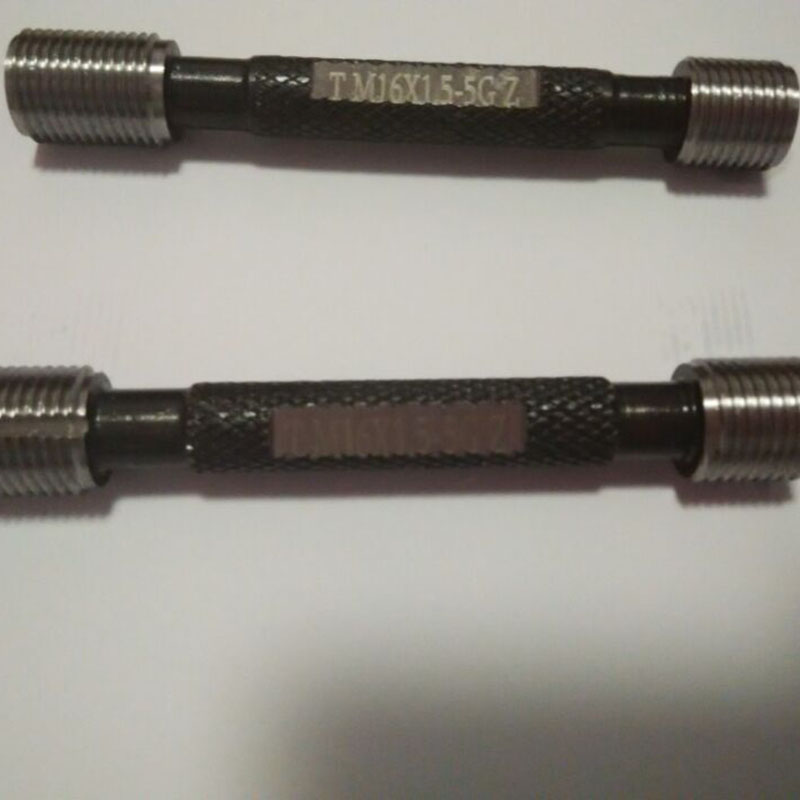Nov . 08, 2024 23:41 Back to list
Precision Guidelines for Cast Iron Surface Plates and Their Applications
The Importance of Precision Cast Iron Surface Plates in Manufacturing
In the realm of manufacturing and engineering, precision plays a crucial role in ensuring the quality and accuracy of products. One of the essential tools used to achieve this level of precision is the surface plate, particularly those made from cast iron. A precision cast iron surface plate serves as a flat reference surface for measuring and verifying the accuracy of tools, parts, and assemblies. Its significance in manufacturing cannot be overstated, and this article will explore the features, benefits, and applications of precision cast iron surface plates.
Features of Precision Cast Iron Surface Plates
Precision cast iron surface plates are known for their outstanding stability, durability, and rigidity. The primary material—cast iron—provides not only the necessary weight but also excellent vibration dampening properties. These properties are vital when it comes to minimizing the impact of external disturbances while measuring. The manufacturing process for these plates typically involves advanced casting techniques, which ensure that the surfaces are incredibly flat and free from any imperfections.
Moreover, precision surface plates go through a rigorous calibration and finishing process. The surface flatness tolerance is typically expressed in micro-inches, enabling manufacturers to achieve unbelievably accurate measurements. This level of precision is critical in applications where even slight deviations can lead to significant operational issues.
Benefits of Using Precision Cast Iron Surface Plates
One of the foremost benefits of precision cast iron surface plates is their ability to provide a stable reference point. When performing tasks such as layout work, machining, or inspection, a flat surface ensures that measurements taken are accurate and consistent. This reliability is paramount for industries where precision engineering is crucial, including aerospace, automotive, and medical device manufacturing.
precision cast iron surface plate

Another key advantage is the longevity of cast iron surface plates. With proper care and maintenance, these plates can last for decades. Their durability means less frequent replacements and repairs, translating to cost savings for manufacturing operations. Additionally, cast iron’s natural anti-corrosive properties also enhance the longevity of these plates, making them suitable for various environmental conditions.
Applications in Various Industries
Precision cast iron surface plates are utilized across a wide array of industries. In the automotive sector, these plates are often employed in the assembly and calibration of engine components, ensuring that every part fits correctly. Similarly, in aerospace, where safety and reliability are paramount, precision surface plates are crucial for the production of flight-critical components.
Furthermore, in the field of metrology, precision surface plates serve as the foundation for various measuring instruments such as height gauges, dial indicators, and coordinate measuring machines (CMMs). These applications highlight the versatility of precision cast iron surface plates, making them indispensable in quality control and assurance processes.
Conclusion
In conclusion, precision cast iron surface plates are vital tools in the manufacturing and engineering sectors. Their unique features, such as exceptional stability and durability, coupled with their extensive range of applications, underscore their importance in achieving accuracy and quality in production processes. As industries continue to evolve and the demand for precision increases, the role of precision cast iron surface plates will only become more critical. Investing in high-quality surface plates not only facilitates accurate measurements but also contributes to the overall efficiency and reliability of manufacturing operations.
-
Y Type Strainer Maintains System Efficiency Long TermNewsJul.15,2025
-
Valve Selection Guide for Industrial ApplicationsNewsJul.15,2025
-
Steel Fab Table Provides Durable Work Surface for WeldingNewsJul.15,2025
-
Pad Iron Provides Stable Support for Heavy MachineryNewsJul.15,2025
-
One Inch Check Valve Fits Standard Plumbing SystemsNewsJul.15,2025
-
Measuring Micrometer Ensures Precise Dimensional AccuracyNewsJul.15,2025
Related PRODUCTS









